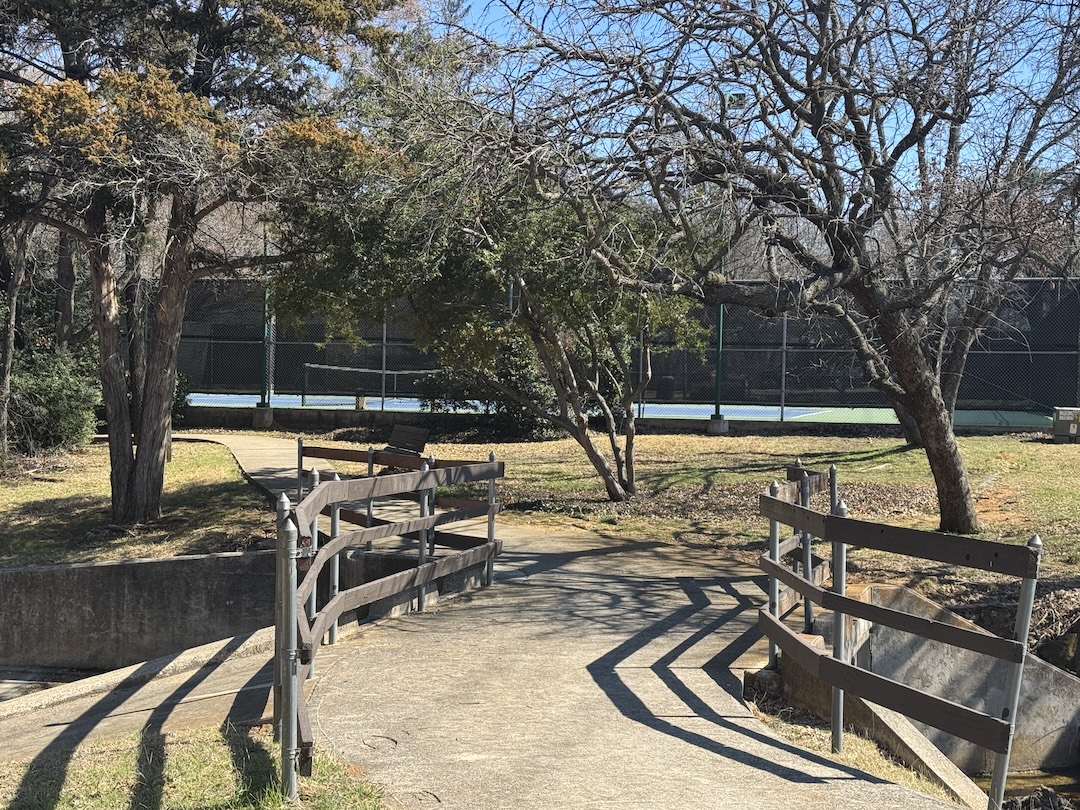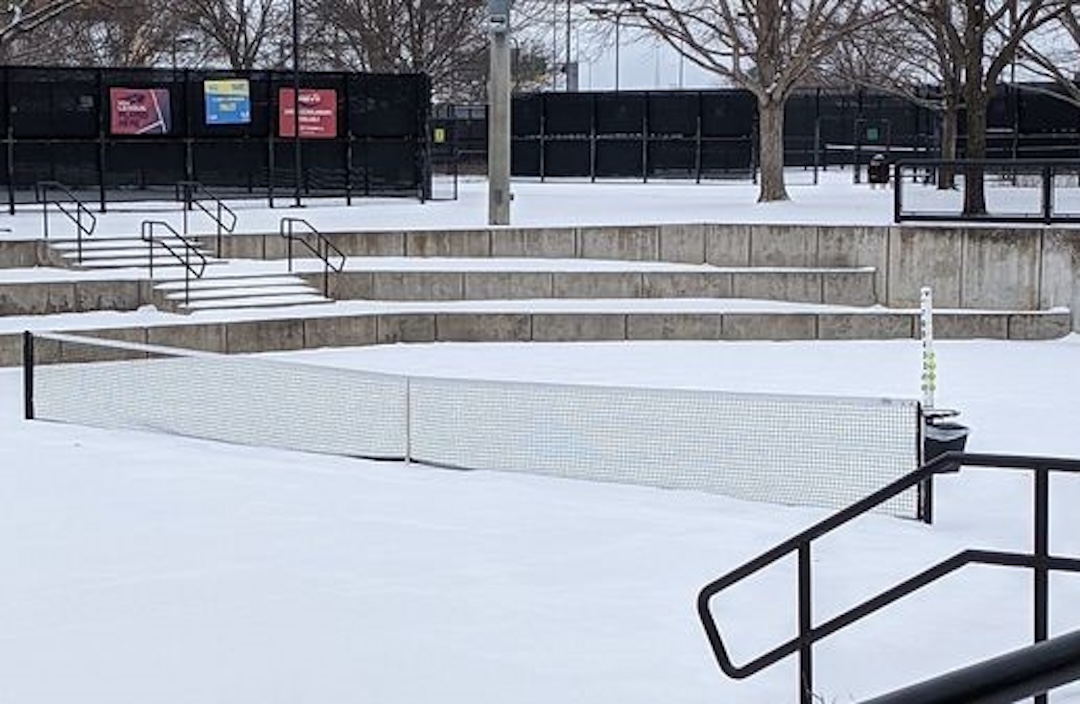If you had asked me what my future in tennis would be when I first started playing as a small child, my answer probably would have reflected a desire to emulate what the adults around me were doing. Early in my junior tennis days, I envisioned playing the sport in college. However, shortly before my Senior year of high school, I abruptly concluded that tennis wouldn’t be a big part of my future. It was apparent that I didn’t have the talent to play professionally, and I had no interest in teaching the sport as a career. My best life decision was to prioritize academics over athletics.
Throughout 2024, I am dedicating the first full weekend of every month to exploring the application of design-oriented thinking to improve our tennis lives. This series is inspired by a practice and philosophy described by Bill Burnett and Dave Evans in their book ‘Designing Your Life: How to Build a Well-Lived, Joyful Life.’ The overarching theme for this weekend centers around the reality that most of us are living more than one tennis life at any point in time. Additionally, our lives and how we envision our ideal future aren’t static and will likely evolve significantly.
There is a big difference between having a plan and the continuous planning process. Once a plan is developed and finalized, the work is only beginning. As the 19th-century military strategist Helmuth von Moltke observed, “No plan survives contact with the enemy.” As soon as you start implementing the steps, the need for adjustments will be immediately necessary. It’s the way life works.
The “Designing Your Ideal Tennis Life” series of posts centers around the idea that you can figure out your ideal engagement with the sport and devise a plan to achieve that objective once you have determined it. However, it is also important to remember the dynamic nature of goals and planning. There is no such thing as a singular perfect outline for the future. Things change.
Additionally, many of us have multiple personalities engaged with tennis. For example, many people play competitively while also supporting the tennis ecosystem in some independent way. Sometimes, thinking of your tennis life as a singular thing may be inaccurate. The reality is simultaneous independent versions of a great tennis life.
This weekend, we will consider the multifaceted and evolutionary nature of planning in a tennis context. Flexibility and adaptability allow us to respond to changes and new opportunities that arise. They are vital perspectives for creating a richer and more fulfilling tennis experience. Your best tennis life starts with embracing the idea that plans change, and that is a large part of a joyful journey.
Throughout 2024, I am publishing a series of essays imaging how to apply the principles in ‘Designing Your Life: How to Build a Well-Lived, Joyful Life‘ (<- sponsored link), which is a non-tennis book that I have come to believe that everyone should read.
A chronological summary of all posts on this topic is available on the Designing Your Tennis Life summary page.




